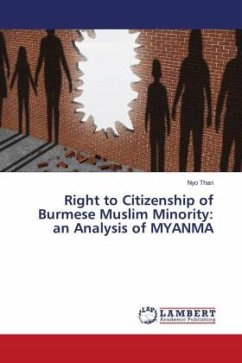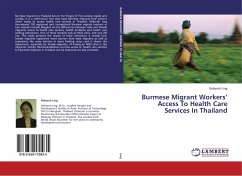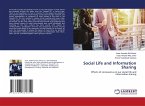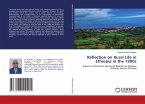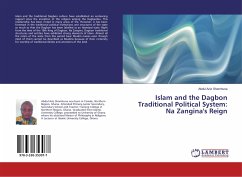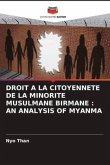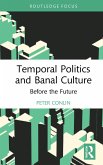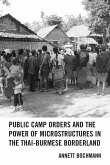Of Myanmar's current population of 53.37 million, almost a third do not have a citizen card. The Muslim minority religious group is not acknowledged by the 135 known ethnic groups in Myanmar. Burma's Muslim population, with four ethnic minority groups, is considered stateless. This study questions Burma's Muslim minority plight in their attempts to access their citizenship through the application of a citizenship [pink] card. The study analyzes the practice of the fulfillment of citizenship rights among Burma Muslim minority groups, who are either getting or not getting the citizenship card (pink card) from the Immigration Department of Yangon, Myanmar. The method used for this study is the qualitative research method, which is done through a case study design approach that analyses and observes both secondary and primary data. The study argues that discrimination in legal practice against the Burmese Muslim minority empirically exists. The Burmese Muslim minority is a particularcase in which identity leads to persecution and discrimination that is to the deprivation of human fundamental right of nationality.
